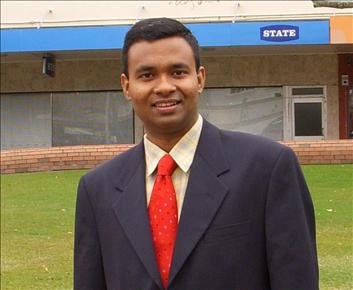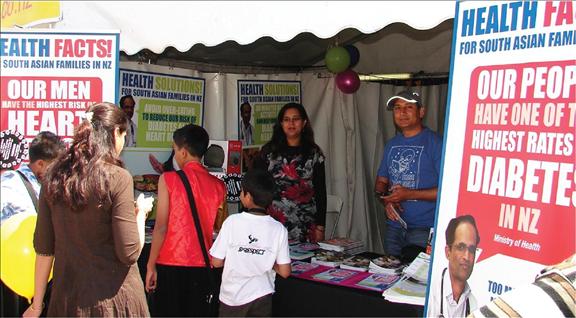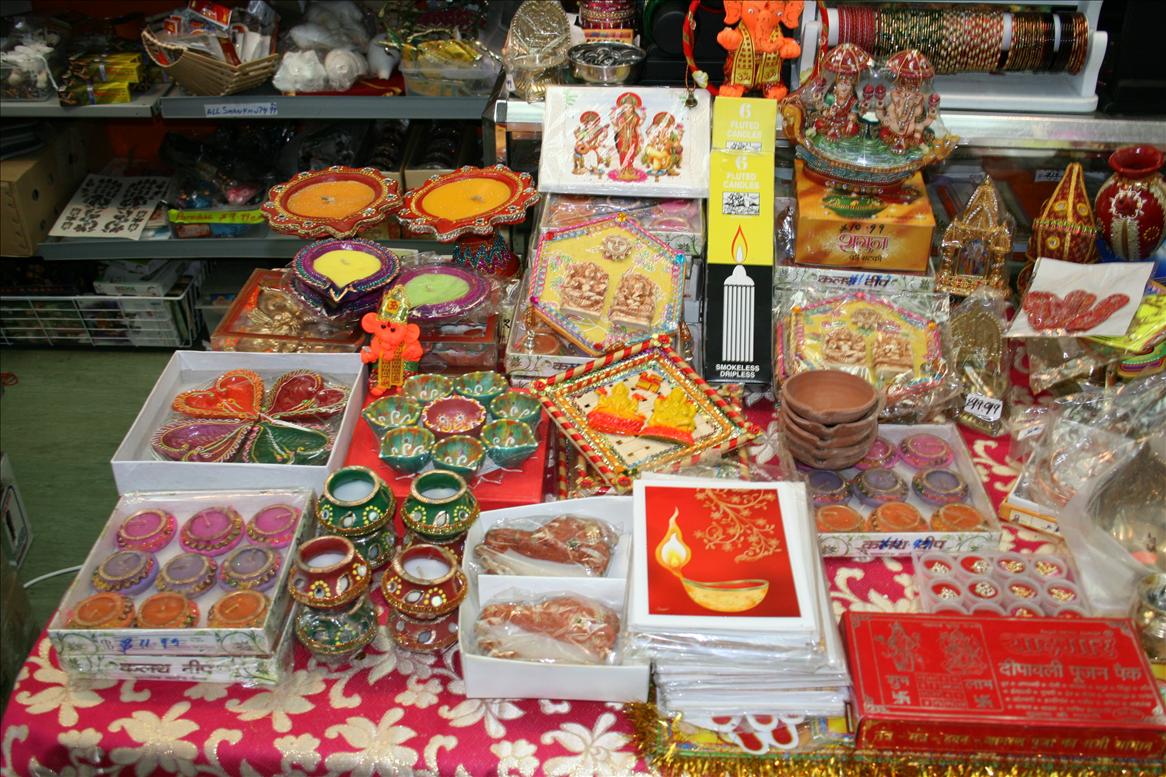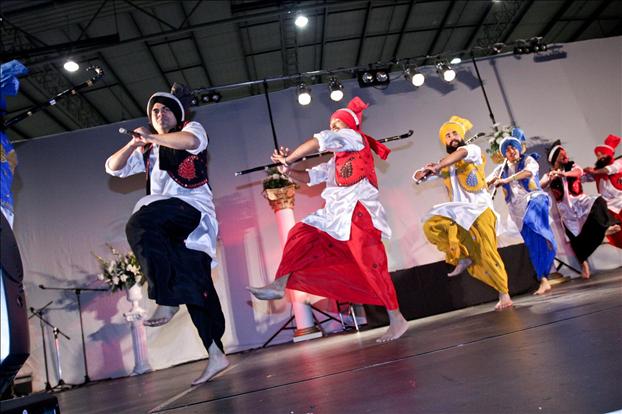 There are many stories for the genesis of the Festival such as commemorating Lord Krishna’s destruction of demon Narakasura in the Dwapar Yuga or as Lord Rama’s homecoming after vanquishing Ravana, the demon king of Sri Lanka.
There are many stories for the genesis of the Festival such as commemorating Lord Krishna’s destruction of demon Narakasura in the Dwapar Yuga or as Lord Rama’s homecoming after vanquishing Ravana, the demon king of Sri Lanka.
However, the truth is that Dharma eventually succeeds against Adharma (evil).
But this is one day in a year, which even Arabs in the Persian Gulf have come to respect and enjoy, offering greetings and sweets to resident Hindus.
This understanding is marked as Diwali.
Many Hindus would rise early on Diwali day, take an oil bath, wear new clothes, burn crackers, distribute sweets and pray for the betterment of the human race.
Though observed as a Hindu festival, it is no secret that people from other religions join in the festivities demonstrating their goodwill and understanding.
Eternal bond
 This aspect of Universal Brotherhood advocated in the Hindu religion has in many ways helped India, a country of diverse ethnicity, religion, language and race to be bonded as a society despite having so many fissures, which are visible and invisible.
This aspect of Universal Brotherhood advocated in the Hindu religion has in many ways helped India, a country of diverse ethnicity, religion, language and race to be bonded as a society despite having so many fissures, which are visible and invisible.
The bondage of greater commitment to humanity through progressive thoughts is an aspect of Hinduism, manifest in Diwali.
The Indian Diaspora in Australia, Canada, Europe, Fiji, New Zealand, UK, US and other countries mark the festival with gaiety and fun. In New Zealand, Diwali festivals organised by Asia-NZ Foundation in Auckland and Wellington draw more than 150,000 people of varied ethnicity and religious beliefs.
Indo-Fijians observe Diwali in Fiji just as their counterparts in India celebrate. They invite native Fijians to dance to the tunes of Ram Lila and and Krishna Lila.
They would later get together for a meal and the inevitable Kava.
This cultural assimilation is one aspect of Hinduism, recognising the space for alternative thoughts in worship in the society.
White House Diwali
 US President Barack Obama, who was brought up in a multicultural environment had understood that it was his responsibility as Head of State of the most powerful nation in the world to promote universal brotherhood.
US President Barack Obama, who was brought up in a multicultural environment had understood that it was his responsibility as Head of State of the most powerful nation in the world to promote universal brotherhood.
In pursuance of this objective, he accepts Hinduism as an important factor.
His upbringing in Indonesia where Hindu culture is quite common had sealed this understanding, encouraging him to observe Diwali in the White House, like his two immediate predecessors.
The US President was on a state visit to India on the eve of Diwali last year.
His Secretary of State Hillary Clinton was in New Zealand at the time and did not lose the opportunity to offer Diwali greetings to the Indian population.
Diwali has helped promote India and Hinduism and preserve the culture.
Even when India was under colonial rule and earlier under the Mughals, Diwali was observed as a Festival.
Akbar the Great, who was a secular king, marked the Festival in his fort in Agra.
The British rulers were careful not to infringe on the religious sentiments of Hindus.
They allowed them freedom of worship and observe religious and social festivities such as Navaratri and Diwali.
Diwali in Aotearoa
 Punjabi settlers and Gujarati merchants brought with them the spirit of Diwali to New Zealand, although until recent years the Festival was marked only in Auckland, Wellington and Christchurch.
Punjabi settlers and Gujarati merchants brought with them the spirit of Diwali to New Zealand, although until recent years the Festival was marked only in Auckland, Wellington and Christchurch.
Today, Diwali is a major event in Hamilton, Bay of Plenty, Tauranga, Rotorua, Wellington, Christchurch and other towns and cities. The Governor General, Prime Minister, Ministers, MPs and top Government officials are seen in these festivals, while the Governments hosts the event in Parliament buildings for prominent members of the community (see various reports in this Section).
Without a hint of patronising, it is important for the ever-mushrooming Indian cultural organisations with different names and syntaxes to use the occasion of Diwali to spread the ingredient nature of unity and cultural assimilation.
Lately, some organisations have crossed the ‘Lakshman rekha’ in promoting their individual self-interests and ‘hijacking’ agendas for their benefits.
This does not augur well either for India or her cultural heritage.
On the other hand, in Rotorua, Dr Guna Magesan has used Diwali (Deepawali) to bring Hindus, Maoris and other ethnic groups together.
Maori-Tamil connection
Studies have shown similarity between the seafaring Polynesians and Tamilians and that there was cultural exchange between Maoris and Chola Kings in Tamil Nadu.
Diwali may help Maoris to understand Indian and Asian culture as New Zealand is moving increasingly towards a multicultural environment.
I hope that Diwali 2011 and the festival events preceding would serve the purpose of making all ethnic groups come together and promote social cohesion.
Balaji Chandramohan is our Correspondent based in Delhi, India.






